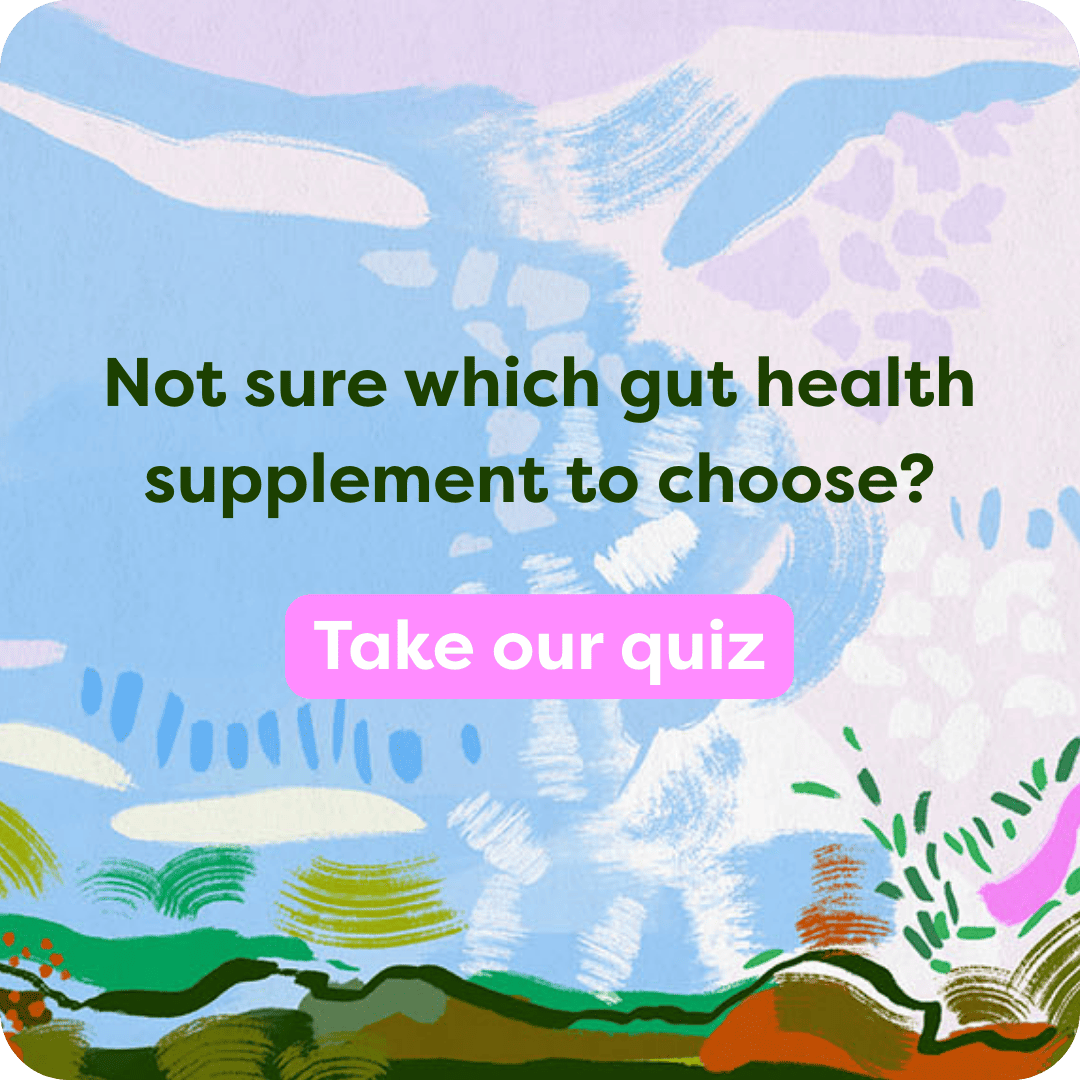Anxiety is an emotion we are all familiar with; it is a common reaction at times of stress. Things like coping with a pandemic or a cost-of-living crisis, painful relationships, exams, moving house or changing jobs can lead us to feeling more anxious.
But sometimes it can spiral out of control and become a mental health problem. It's estimated that in the UK up to 8 million people are experiencing an anxiety disorder at any one time. And every week 6 out of 100 adults in England is diagnosed with life-altering anxiety, the kind that stops them doing the things they want to do at least some of the time. When you add up the physical and mental symptoms of anxiety, including feelings of dread, uncontrollable thoughts, irritability, trouble sleeping, high blood pressure, and stomach upset, you get a sense of the toll it takes.
So it is not surprising that this year's focus for Mental Health Awareness Week is anxiety. The aim is to raise awareness and understanding of anxiety and provide information on the things that can help prevent it from becoming a problem.
Did you know that mental health is intimately connected to gut health? This area of research is at the forefront of science right now, as variations in the gut-brain axis are shown to be affected by the gut microbiome. It is also becoming well-known that exposure to stress ranks as the second most important factor (after diet) affecting the gut microbiome composition, according to research by the CAS Content Collection.
Messages from the gut communicate with the brain through the nervous system and hormones. An exchange of information also takes place between the gut and the immune system, affecting overall mental health. The health of the gut-brain axis is also believed to contribute to diseases like Parkinson's and Alzheimer's, autism, amyotrophic lateral sclerosis, multiple sclerosis, pain, and anxiety.
When nervous or anxious, the body releases hormones and chemicals that enter the digestive system. This affects the microorganisms that live along the gut that are crucial in helping the digestion process. It is very hard to digest and assimilate food when the body is in fight or flight mode. If this is sustained for a long period of time the resulting chemical imbalance can cause several gastrointestinal conditions such as:
- Indigestion
- Stomach upset and diarrhea
- Irritable Bowel Syndrome (IBS)
- Constipation
- Loss of appetite or unusual hunger
- Nausea
- Effectively digest your food. After a meal, it's important to be in a relaxed state to produce the gastric juices needed to absorb food. Gastric juice is essential for the absorption of vitamins, minerals, and nutrients necessary to support a healthy body and brain.
- Mind what and how you eat. Eat healthy snacks and meals and stay away from junk food that has been heavily processed. One way to do this is to prepare pre-planned meals, have some fruits or a granola bar to snack on when hungry. Also, take time when you eat to fully savour the food, enjoying every bite.
- Exercise. It can be hard to stay active regularly. Scheduling some exercise time can encourage you to work out. Alternatively, why not take a walk? This can help you reduce stress and improve your physical and emotional well-being.
- Drink plenty of water. Aim to drink between six and eight glasses of water a day to boost the digestive process.
- Take a probiotic. In individuals with mild to moderate depression, the use of probiotics significantly improved their mood and depressive symptoms. Check out this Ted Talk by Stefanie Malan-Muller to hear more. If you're interested in taking microbz to support with anxiety we would recommend microbz revive (previously Bio-Live Revive.)
- Find ways to consciously relax. That may involve yoga, meditation, playing music, cooking, anything that works for you.
- Seek help. A therapist who specialises in anxiety can help you manage chronic worrying. This counselling directory might be a good place to start looking for someone.
- content in part from WebMD




































